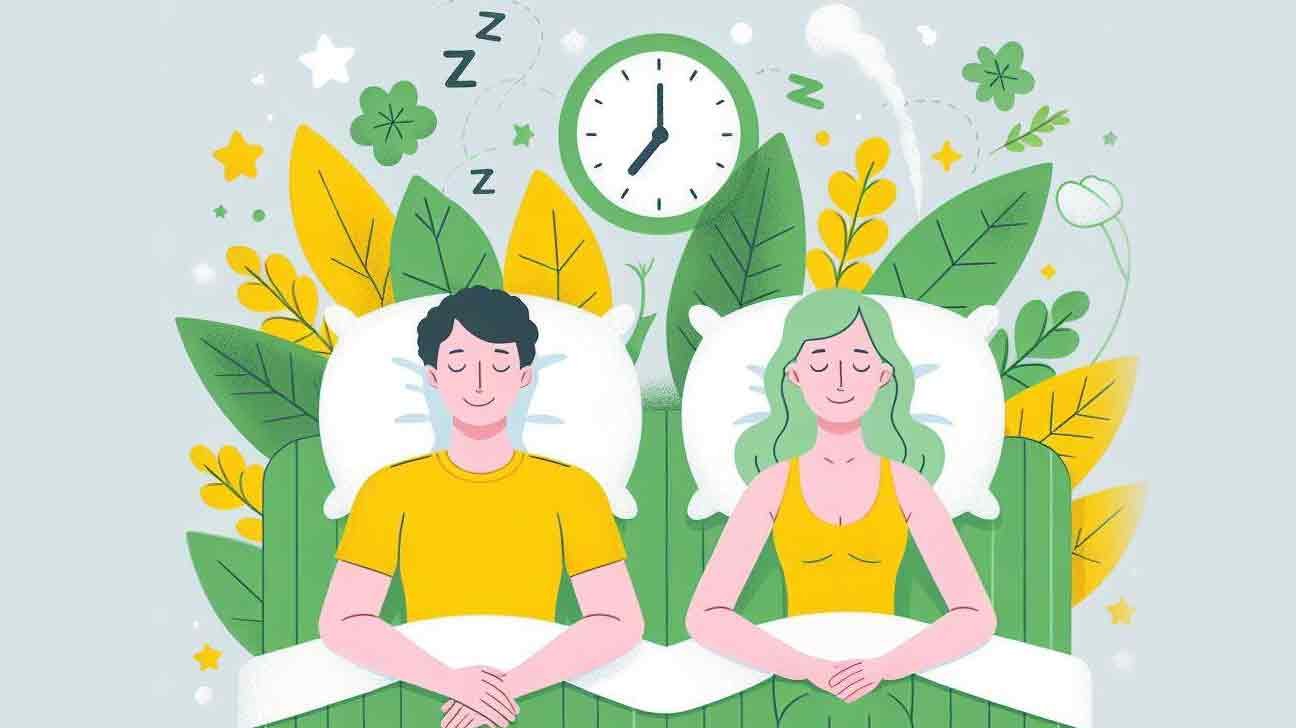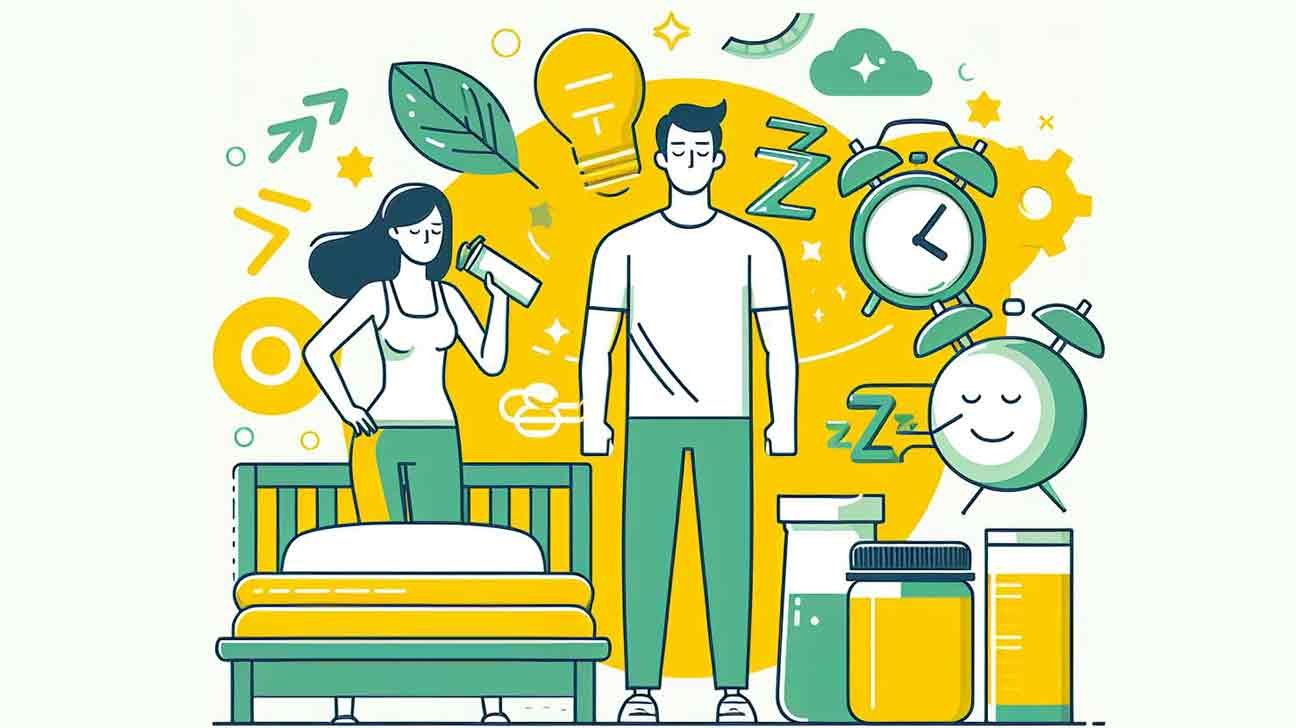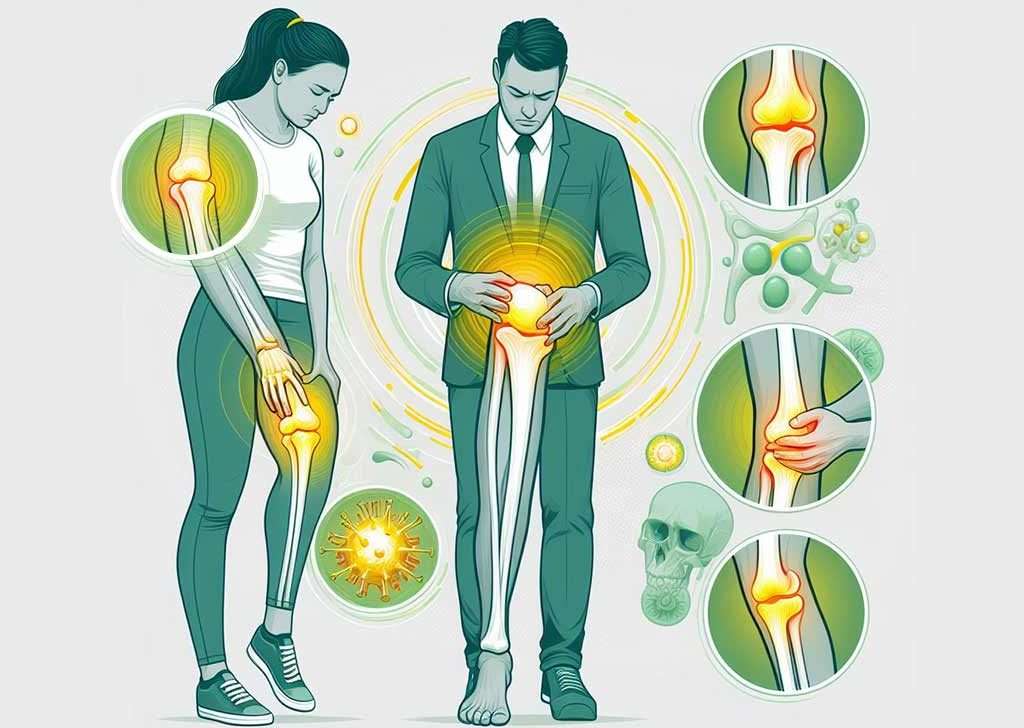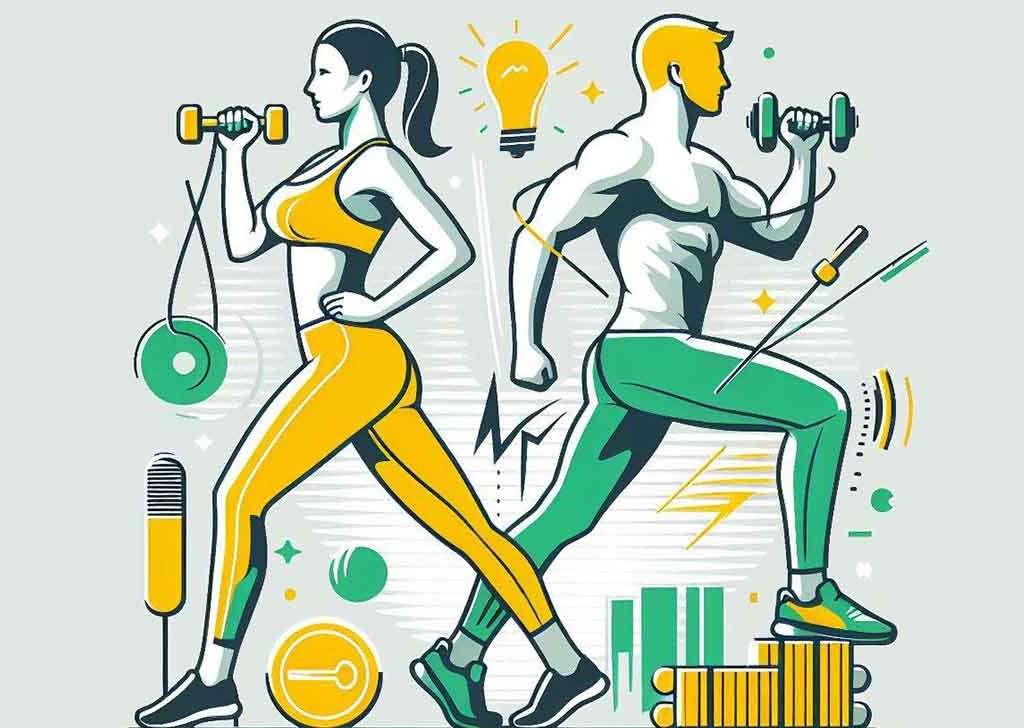Sleeping is an essential component of our overall health and well-being. While most people use pillows to enhance their comfort during sleep, there’s a growing conversation around the potential benefits of sleeping without one. This article delves into whether it’s better to sleep without a pillow, exploring the advantages, disadvantages, and considerations to help you make an informed decision about your sleep posture.
1. Understanding Pillow Use
Pillows have been a staple in bedding for centuries, primarily used to support the head and neck during sleep. They aim to maintain spinal alignment and provide comfort, adapting to various sleep positions. However, the necessity and optimal use of pillows can vary based on individual anatomy, sleep habits, and health conditions.
2. Potential Benefits of Sleeping Without a Pillow
While many find pillows indispensable for a good night’s sleep, some individuals may experience benefits from foregoing them. Here are the key potential advantages:
Spinal Alignment
Sleeping without a pillow can promote a more natural alignment of the spine, particularly for back and stomach sleepers. Without the elevation provided by a pillow, the neck remains in a more neutral position, potentially reducing strain on the cervical spine.
Reduction of Neck and Back Pain
For some, using a pillow can cause the neck to bend unnaturally, leading to discomfort or pain. Eliminating the pillow may alleviate this strain, especially if the pillow previously caused the head to be too high or too low relative to the spine.
Improved Breathing and Reduced Snoring
Sleeping without a pillow can help keep the airways open by encouraging the head to remain in a position that doesn’t constrict breathing passages. This can be particularly beneficial for stomach sleepers and may reduce snoring in some individuals.
Enhanced Facial Skin Health
Less contact between the face and pillow can minimise the accumulation of oils, dirt, and bacteria on the skin, potentially reducing the likelihood of acne and skin irritation.
3. Possible Drawbacks of Going Pillow-Free
While there are potential benefits, it’s essential to consider the possible disadvantages of sleeping without a pillow:
Discomfort and Adjustment Period
Transitioning to pillow-free sleep can be uncomfortable initially. The body may need time to adjust to the new posture, and some individuals may experience temporary aches or restless nights during this period.
Not Suitable for All Sleep Positions
Sleeping without a pillow may not be ideal for side sleepers, as it can cause misalignment of the spine, leading to neck and shoulder discomfort. Pillows help bridge the gap between the head and the mattress, maintaining proper alignment.
Potential Aggravation of Existing Conditions
Individuals with certain health conditions, such as cervical spine issues or chronic neck pain, may find that sleeping without a pillow exacerbates their symptoms rather than alleviates them.
Who Might Benefit from Sleeping Without a Pillow?
Certain individuals may find pillow-free sleep particularly advantageous.
Back Sleepers
Back sleepers often benefit from sleeping without a pillow or using a very thin one. This position allows for a more natural alignment of the head and neck with the spine, reducing the risk of strain.
Stomach Sleepers
Stomach sleepers may find that sleeping without a pillow helps keep the neck in a more neutral position, preventing it from twisting excessively to one side. This can reduce neck pain and improve overall comfort.
5. Who Should Avoid Sleeping Without a Pillow
Not everyone will benefit from ditching the pillow. Here are groups for whom sleeping without a pillow might not be advisable:
Side Sleepers
Side sleepers typically require a thicker pillow to fill the space between the shoulder and the head, ensuring proper spinal alignment. Without adequate support, side sleepers may experience neck and shoulder pain.
Individuals with Certain Health Conditions
Those with chronic neck or back pain, spinal issues, or specific medical conditions should consult with a healthcare professional before making changes to their pillow use. In some cases, proper pillow support is crucial for managing pain and maintaining spinal health.
6. Alternatives to Traditional Pillows
If you’re considering reducing pillow use but still seek some support, there are alternatives to traditional pillows that may offer a middle ground:
Minimalist Pillows
Minimalist or ultra-thin pillows provide minimal elevation, allowing for some support without the bulk of standard pillows. They can be a good compromise for those transitioning to pillow-free sleep.
Cervical Pillows
Cervical pillows are designed to support the natural curve of the neck, providing targeted support without overly elevating the head. These pillows can help maintain spinal alignment while offering necessary support.
Adjustable Pillows
Adjustable pillows allow users to modify the height and firmness, catering to individual comfort needs. This flexibility can help achieve the right balance of support without fully eliminating the pillow.
7. Tips for Transitioning to Pillow-Free Sleep
If you’re interested in trying to sleep without a pillow, consider the following tips to ease the transition:
- Gradual Reduction: Start by using a thinner pillow and gradually reduce its thickness over time.
- Consistent Sleep Schedule: Maintain a consistent sleep routine to help your body adjust more smoothly.
- Proper Mattress Support: Ensure your mattress provides adequate support to maintain spinal alignment without the need for a pillow.
- Listen to Your Body: Pay attention to any discomfort or pain and adjust accordingly. If sleeping without a pillow doesn’t feel right, reconsider your approach.
- Experiment with Sleep Positions: Adjust your sleep position to find what feels most comfortable without a pillow.
8. Expert Opinions and Research Findings
The debate over pillow use and its impact on sleep quality has garnered attention from sleep specialists and healthcare professionals. Here’s what some experts have to say:
- Sleep Foundation: According to the Sleep Foundation, the type and number of pillows one uses can significantly affect sleep quality and spinal alignment. They suggest that back sleepers may benefit from sleeping without a pillow or using a very thin one, while side sleepers typically require a firmer, thicker pillow to keep the spine aligned.
- American Chiropractic Association (ACA): The ACA emphasises the importance of maintaining spinal alignment during sleep. They recommend that pillow choice should correspond to one’s sleeping position to prevent neck and back pain. While not outright endorsing pillow-free sleep, they acknowledge that some individuals may find relief from certain discomforts by adjusting their pillow use.
- Research Studies: A study published in the journal Spine found that improper pillow use can contribute to neck pain and discomfort. However, the research also indicates that the optimal pillow height and firmness vary among individuals, depending on their sleep position and personal comfort preferences.
Overall, while there isn’t a one-size-fits-all answer, expert consensus highlights the importance of personal comfort and spinal alignment over blanket recommendations.
9. Conclusion: Is Sleeping Without a Pillow Right for You?
Deciding whether to sleep without a pillow depends largely on individual needs, sleep positions, and any existing health concerns. While some may experience benefits such as improved spinal alignment and reduced neck pain, others might find it uncomfortable or exacerbating to existing conditions.
Consider the following when making your decision:
- Sleep Position: Back and stomach sleepers may find more benefits from sleeping without a pillow, whereas side sleepers generally require more support.
- Personal Comfort: Listen to your body. If sleeping without a pillow causes discomfort or pain, it may not be the right choice for you.
- Health Conditions: Consult with a healthcare professional if you have chronic neck or back pain or other related health issues.
- Gradual Transition: If you’re curious about pillow-free sleep, try gradually reducing pillow use to allow your body to adjust.
Ultimately, the goal is to achieve comfortable sleep that supports spinal health and overall well-being. Whether that involves using a pillow, switching to a different type of pillow, or sleeping without one, the best approach is one that aligns with your personal comfort and health needs.

Sleep is essential for overall health and well-being, helping the body repair, strengthen the immune system, and feel refreshed. From repairing muscles to enhancing brain function, proper sleep is crucial for optimal performance and mental sharpness.
It is a fundamental process that allows the body and mind to rest and rejuvenate, ensuring a healthy and balanced life. A good night’s sleep not only promotes physical health but also supports cognitive functions, mood regulation, and overall productivity.
Understanding the importance of quality sleep and adopting healthy sleep habits can significantly impact one’s daily life. By prioritizing sleep and creating a relaxing bedtime routine, individuals can improve their sleep quality and overall wellness. Let’s explore the significance of sleep and learn how to achieve better rest for a healthier lifestyle.
The Importance Of Sleep
Getting enough sleep is essential for maintaining good physical and mental health. Sleep plays a vital role in various aspects of our lives, including our overall well-being, cognitive function, and overall quality of life. In this article, we will delve into the importance of sleep by exploring its impact on health and cognitive function.
Health Impact
Sleep has a profound impact on our physical health. During sleep, our bodies repair and rejuvenate themselves. It is a time when our muscles and tissues heal, and our immune system strengthens. Without enough sleep, we become more prone to illnesses and infections. Additionally, chronic sleep deprivation is associated with an increased risk of developing conditions such as obesity, diabetes, cardiovascular diseases, and even certain types of cancer.
By prioritizing sleep, we can provide our bodies with the necessary time to recover and maintain optimal health. Creating a sleep routine and environment that promotes quality sleep is crucial. Here are some habits that can improve your sleep health:
- Be consistent with your sleep schedule.
- Create a quiet, dark, and relaxing bedroom environment.
- Avoid electronic devices before bedtime.
- Avoid large meals, caffeine, and alcohol close to bedtime.
- Engage in regular exercise.
Cognitive Function
Not only does sleep impact our physical health, but it also plays a crucial role in our cognitive function. Our brains need sufficient rest to function optimally throughout the day. When we sleep, our brains consolidate and process information, helping us to solidify memories and improve learning.
Research has shown that sleep deprivation can have detrimental effects on cognitive performance, including impaired attention, concentration, memory, and problem-solving skills. Lack of sleep can also affect our mood, leading to increased irritability and difficulty regulating emotions.
To enhance cognitive function and promote good sleep, it is important to establish healthy sleep habits. This includes maintaining a consistent sleep schedule, creating a sleep-friendly environment, and practicing relaxation techniques such as deep breathing or meditation before bedtime.
In conclusion, sleep is a vital aspect of our lives that should not be underestimated. It plays a crucial role in maintaining our physical and mental health, as well as our cognitive function. By prioritizing and improving our sleep habits, we can reap the numerous benefits that quality sleep provides.
Sleep Cycles
cycles are a series of stages that your body goes through during the night, including light sleep, deep sleep, and REM sleep. Understanding and optimizing your sleep cycles is essential for overall well-being and feeling rested and energized each day.
Sleep Cycles Sleep is a crucial component of our daily lives that impacts our overall health and well-being. Understanding the different sleep cycles can provide valuable insights into the quality of our rest. These cycles consist of two main stages: REM Sleep and Non-REM Sleep.
Rem
REM (Rapid Eye Movement) Sleep is a phase characterized by vivid dreams and rapid eye movements. During REM , our bodies are typically paralyzed to prevent us from acting out our dreams. This stage is when our brains are most active, processing emotions and memories.
Non-rem
Non-REM is divided into three stages, with each stage representing a different depth of sleep. Stage 1 and 2 involve light sleep, while Stage 3 is deep sleep crucial for physical restoration. Non-REM sleep is essential for overall rejuvenation and muscle repair. In summary, understanding the intricacies of sleep cycles, including REM and Non-REM sleep, can provide insights into the quality of our rest and overall well-being. Prioritizing a good night’s sleep is essential for optimal health and cognitive function.
Common Sleep Disorders
Discover the various common sleep disorders that can impact your quality of sleep. From insomnia to sleep apnea, understanding these issues is crucial for maintaining optimal sleep health.
Insomnia
Insomnia is a common sleep disorder characterized by difficulty falling asleep or staying asleep.
Sleep Apnea
Sleep Apnea is a condition where breathing repeatedly stops and starts during sleep, leading to fragmented and poor-quality sleep.
Tips For Improving Sleep Quality
Are you struggling to get a good night’s sleep? Follow these tips for improving sleep quality: Maintain a consistent schedule, create a relaxing sleep environment, and limit screen time before bed. Engage in regular exercise and avoid large meals, caffeine, and alcohol close to bedtime.
Prioritize your sleep for a refreshed and revitalized start to your day.
Sleep Environment
Creating the right sleep environment is crucial for improving sleep quality. Your bedroom should be a sanctuary dedicated to rest and relaxation. Here are some tips to optimise your sleep environment:
- Keep your bedroom quiet, dark, and free from distractions. Consider using earplugs or a white noise machine to block out external sounds.
- Invest in blackout curtains or an eye mask to eliminate any light that may disrupt your sleep.
- Keep the temperature in your bedroom cool and comfortable. The ideal range is between 60 and 67 degrees Fahrenheit.
- Choose a comfortable mattress and pillows that support your body and promote proper alignment.
- Remove electronic devices, such as TVs, computers, and smartphones, from your bedroom. The blue light emitted by these devices can interfere with your sleep.
Bedtime Routine
Establishing a bedtime routine can signal to your body that it’s time to wind down and prepare for sleep. Here are some tips for creating a relaxing bedtime routine:
- Set a consistent bedtime and wake-up time, even on weekends. This helps regulate your body’s internal clock.
- Avoid consuming large meals, caffeine, and alcohol close to bedtime, as they can interfere with your sleep quality.
- Engage in relaxing activities before bed, such as reading a book, listening to calming music, or taking a warm bath.
- Practice relaxation techniques, like deep breathing or meditation, to help quiet your mind and prepare for sleep.
- Avoid stimulating activities, such as using electronic devices or participating in intense exercise, in the hour leading up to bedtime.
By implementing these tips for improving sleep quality, you can create a better sleep environment and establish a bedtime routine that promotes restful sleep. Prioritising your sleep health is essential for overall well-being and productivity throughout the day. So start implementing these tips tonight and experience the transformative power of a good night’s sleep.
The Future Of Sleep Science
As we move forward into the 21st century, the field of sleep science is evolving at a remarkable pace. The convergence of cutting-edge technology and groundbreaking research is shaping the way we understand and approach sleep. This promises a future where sleep disorders may be treated more effectively and individuals can achieve optimal rest and rejuvenation.
Technological Innovations
New and advanced technologies are revolutionising the way we monitor and analyse sleep patterns. Devices such as smart mattresses, wearable sleep trackers, and sleep-inducing apps are providing individuals with valuable insights into their sleep quality and duration. These technologies are enabling researchers to harness big data to gain a deeper understanding of sleep physiology and develop personalised sleep enhancement solutions.
Research Trends
Emerging research trends are shedding light on the intricate mechanisms of sleep and the impact of sleep on overall well-being. From exploring the relationship between sleep and mental health to investigating the role of genetics in sleep patterns, researchers are at the forefront of pioneering breakthroughs. Moreover, there is a growing emphasis on translational research, aiming to bridge the gap between scientific discoveries and clinical applications in the realm of sleep medicine.
Frequently Asked Questions For Sleep
What Is The 10 3 2 1 0 Rule For Sleep?
The 10 3 2 1 0 rule for sleep is a guideline that involves limiting caffeine, screens, food, and maximising relaxation before bedtime.
How Much Sleep Do You Need By Age?
By age, here’s how much sleep you need: Newborns (0-3 months): 14-17 hours Infants (4-11 months): 12-15 hours Toddlers (1-2 years): 11-14 hours Preschoolers (3-5 years): 10-13 hours School-age children (6-13 years): 9-11 hours Teenagers (14-17 years): 8-10 hours Adults (18-64 years): 7-9 hours Older adults (65+ years): 7-8 hours.
What Is The Definition Of Sleep?
Sleep is a state of reduced mental and physical activity with altered consciousness and inhibited sensory activity.
How Can I Help Sleep?
To help sleep, maintain a consistent bedtime routine, eliminate electronic devices from the bedroom, create a quiet and dark sleeping environment, avoid caffeine and large meals before bed, and engage in regular exercise.
Conclusion
A good night’s sleep is crucial for your overall well-being. It not only rejuvenates your body but also has a positive impact on your brain functions. To improve your sleep health, make sure to follow consistent sleep habits and create a relaxing environment in your bedroom.
Avoid electronic devices, caffeine, and large meals before bedtime. Additionally, getting regular exercise can also contribute to better sleep. Prioritising sleep is essential for maintaining optimal physical and mental health. So, don’t underestimate the power of a good night’s sleep!





